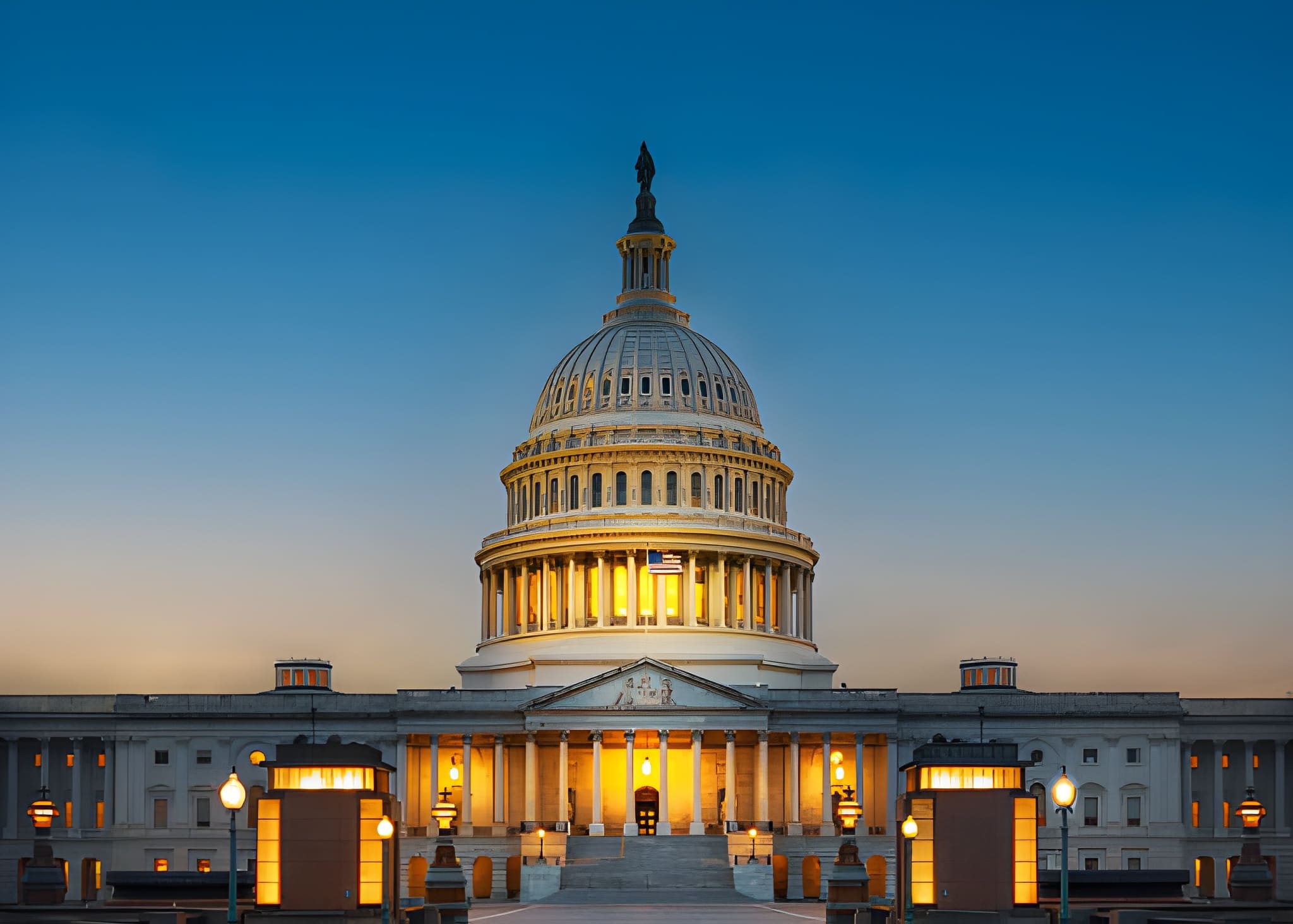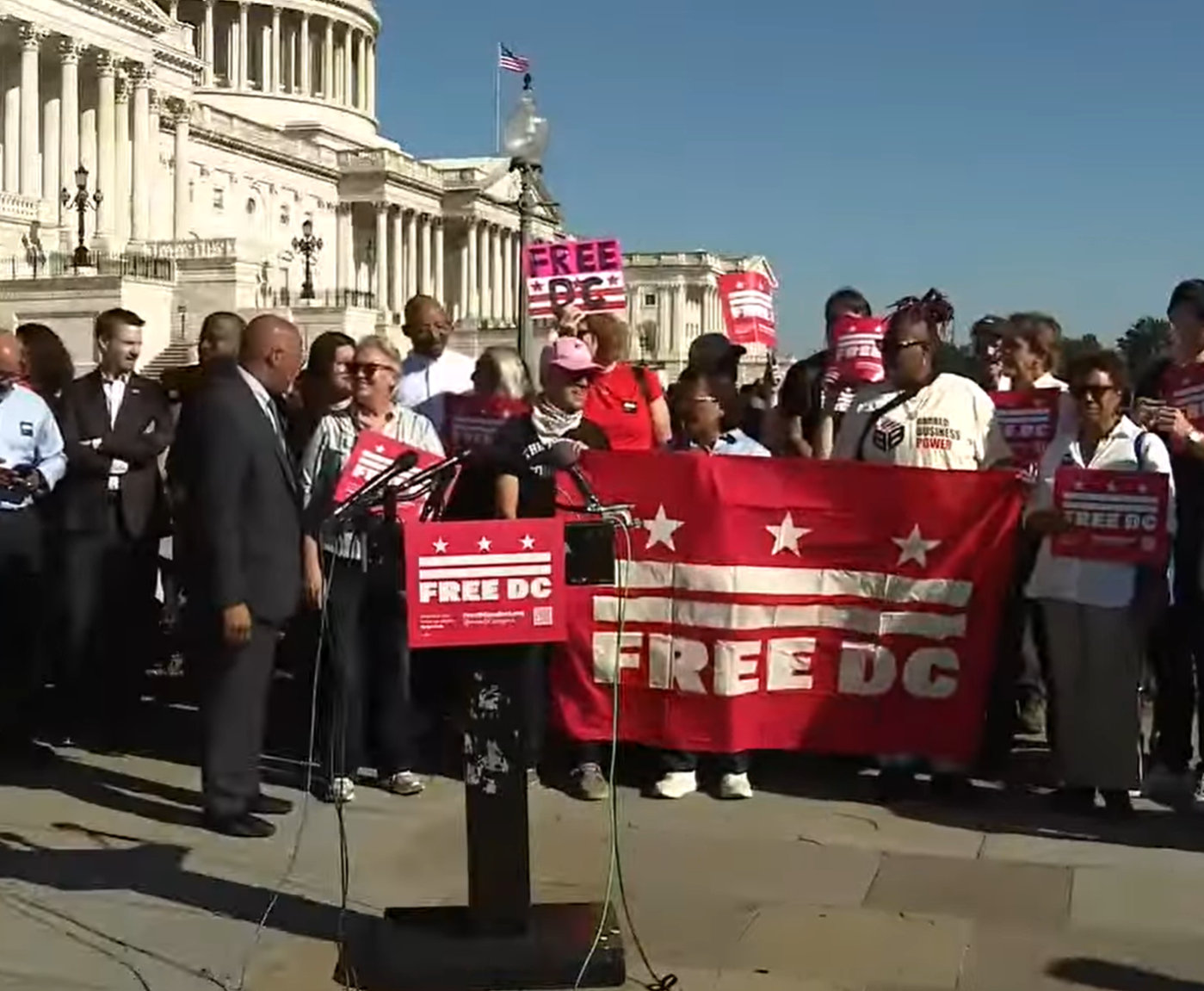By Julie M. Bradlow.
At the end of 2023, the U.S. Tax Court determined that the exception to net earnings from self-employment in Section 1402(a)(13) of the Internal Revenue Code of 1986, as amended, does not automatically apply to all limited partners in a state law limited partnership.
While this sentence may be clear, the implications for accounting firms in knowing how to advise clients may be a bit blurry. That’s because the court concluded that a “functional analysis” test must be applied to determine whether a partner in a limited partnership is entitled to the exception in Section 1402(a)(13) for allocations to it of partnership income. Therefore, if the exception does not apply, a limited partner’s share of the partnership’s ordinary business income is subject to self-employment tax of 15.3%.
If this already sounds familiar, it should. The Tax Court had already issued a similar ruling for partners in the context of partners in a limited liability partnership (“LLP”) and members of a limited liability company (“LLC”). This recent decision extends that interpretation to state law limited partners in state law limited partnerships, making it crucial for accountants and finance teams to understand its implications.
Here’s what it is, how it happened, and why it matters.
Soroban Capital Partners (“Soroban”) is an investment firm which converted to a limited partnership from an LLC under Delaware Law with Soroban Capital Partners GP LLC (“Soroban GP”) being the general partner. Soroban GP treated only the guaranteed payments made to the limited partners, and income allocated to them as the general partner, as net earnings from self-employment. It excluded the limited partners’ shares of ordinary business income. The IRS issued an administrative adjustment citing the exclusion of the limited partners’ shares of ordinary business income from Soroban’s net earnings from self-employment. Soroban GP challenged this increase in Tax Court.
The Tax Court reviewed whether limited partners’ shares of ordinary business income in Soroban’s case should be exempt from self-employment taxes under Code Section 1402(a)(13), which exempts the distributive share of “a limited partner, as such,” other than guaranteed payments for services, from self-employment tax. In concluding that the exception did not apply to Soroban’s limited partners’ distributive shares, the Tax Court relied on legislative history to conclude that Congress intended to include only passive investors from self-employment tax under this exception. It dismissed Soroban GP’s other arguments, which relied on Congress’ previously stopping the IRS from defining “limited partner,” a prior report of the Joint Committee on Taxation, the regulations governing passive activity losses, and instructions for the federal partnership tax return. Those instructions stated that a limited partner’s share of partnership income “generally” isn’t included in net earnings from self-employment. Since the instructions use “generally,” it inherently implies that there are exceptions. Accordingly, the Tax Court sent the case back for further proceedings.
A status report filed with the Tax Court on February 15, 2024 indicated that the parties were working on stipulations of facts in order to avoid a trial in that court. The Tax Court’s ultimate decision could be appealed to the U.S. Court of Appeals for the Second Circuit. On February 16, the Tax Court ordered the parties to file another status report by May 17, 2024. In the meantime, what CPAs, accounting, and finance teams need to know is that limited partners in state law limited partnerships should now expect the IRS to apply a “functional analysis” test to determine whether earnings of limited partners in a state law limited partnership are in the nature of earnings from a passive investment that would be exempt under Code Section 1402(a)(13).
Even if Soroban ultimately appeals to the Second Circuit and that court overturns the Tax Court’s ruling, that decision would have precedential effect in Tax Court only for cases appealable to the Second Circuit. Accordingly, any fund with limited partners should be watching this case closely, as the outcome could significantly affect after-tax returns for LP investors in future offerings.
In short, this decision is a case we need to pay attention to now and in the future.
===
Julie M. Bradlow is a Partner and Chair of the Tax Practice Group at DarrowEverett LLP, a full-service business law firm. Her background encompasses federal, state, and international tax planning, tax controversy, employee benefits, executive compensation, corporate law, and regulatory matters. She can be reached via email at jbradlow@darroweverett.com and on LinkedIn.
Thanks for reading CPA Practice Advisor!
Subscribe Already registered? Log In
Need more information? Read the FAQs




